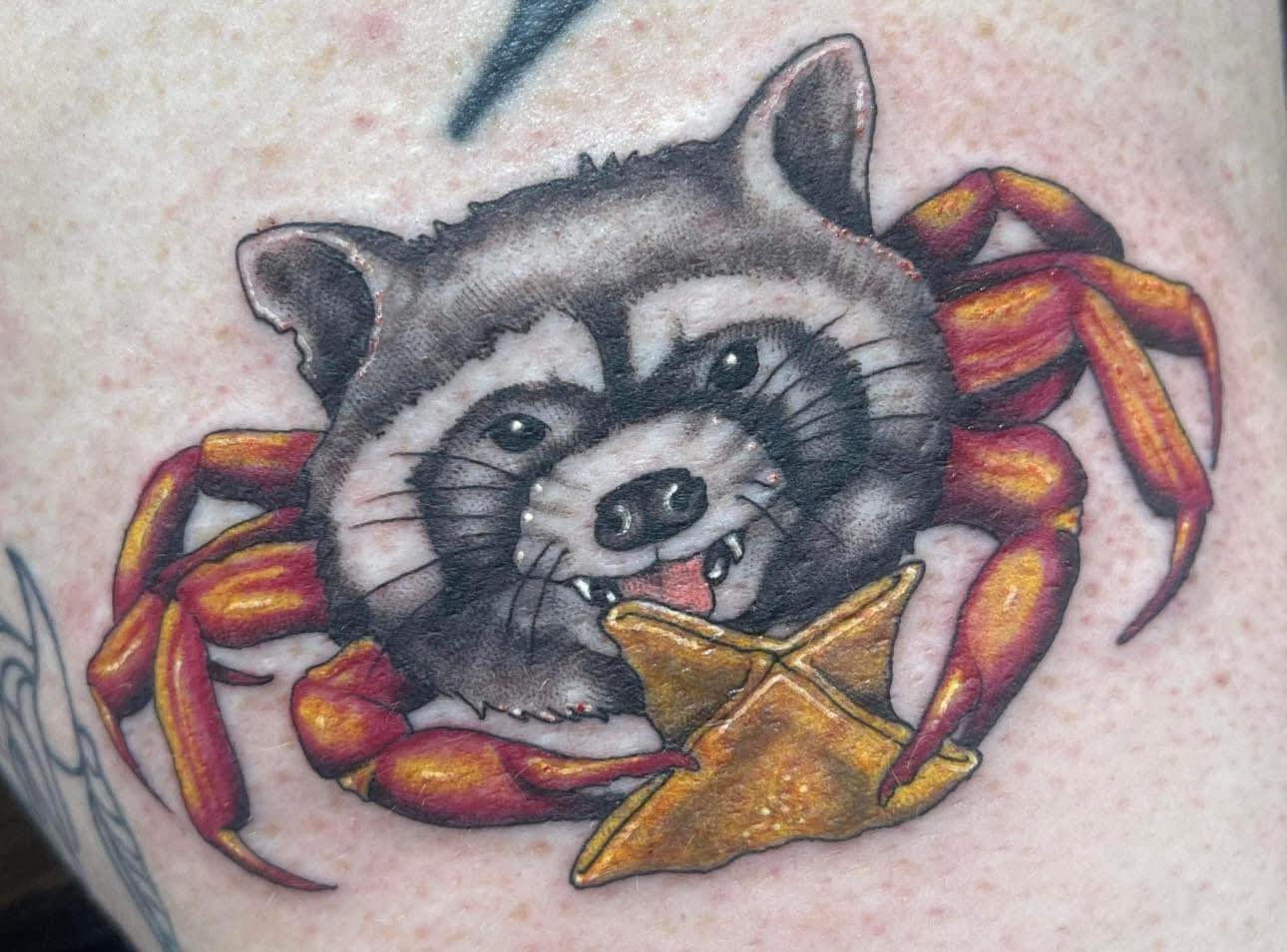"Japan’s autumn eggplant: Too delicious for your daughter-in-law"
By Elizabeth Andoh, The Japan Times (Sep 1, 2024)
Cooked properly, nothing beats an eggplant for succulence, softness, and savoriness. It's so good that you almost want to keep it for yourself.
In Japan, eggplants reach their peak of flavor during a period of time known as zansho (literally "lingering heat"), the equivalent of mid-August through late September. Such aki nasu, or autumn eggplants, are especially tasty. And, because eggplant is thought to cool the body (probably due to an unusually high concentration of minerals and phytonutrients in late-harvest fruit), dishes made with them are particularly inviting on days when heat and humidity sap the appetite.
Most varieties of Japanese eggplants boast tender, deeply purple skins and juicy, pale yellow-green flesh. They are all nearly seedless, and some varieties, such as Kamo nasu grown around Kyoto, are bulbous and squat. Others, such as Hakata nasu grown in Kyushu, are long and slender. All true Japanese varieties have a dark calyx, not a green one. Most people think of eggplant and other members of the nightshade family such as tomatoes as vegetables because of their savory taste — botanically, however, they are fruit.
Read the rest of this entry »


